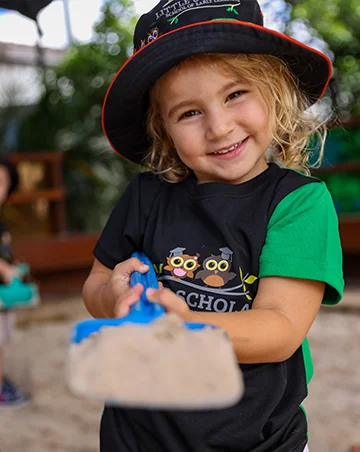Before we get into your child’s healthy eating habits. Let’s reflect for a moment on your own relationship with food. Did you have to finish all the food on your plate when you were a child? Were sweets offered as a reward for good behaviour? Were there starving children in Africa always ready to take your left-over dinner when you were growing up? Do you give foods the title ‘good’ or ‘bad’? Have you ever felt ‘bad’ for eating a certain food? If you are human and living on planet Earth, then you will have most likely answered yes to at least one (if not all) of those questions.
Your Healthy Eating Habits Starts From Childhood
Your relationship with food as an adult very much begins in childhood. So, as a parent you have an opportunity to shape how your children relate to food. No pressure then!
Here are some key tips that you can start using straight away at home to foster healthy eating habits:
1. Food is neutral.
There are no good or bad foods out there. Just food. One massive bowl of broccoli or a single bar of chocolate isn’t going to make you instantly healthy or unhealthy. Likewise, you are neither a better nor worse person for eating it (if only it were that easy!). For sure there are unhealthy eating patterns which, if you keep them up then over time leave you feeling a bit blah and may lead to looks of disappointment from your GP. This leads me to the next tip:
2. Food isn’t a reward or punishment.
As a parent myself I know how very frustrating it is to use desserts and lollies as a bargaining tool. By using food as a reward, we are sending a very strong message to our children that these foods are more special than the rest. It teaches them to use food as a way of dealing with hurt or difficult feelings. And we all know where that leads! Instead look for non-food ways to feel better – sing, cuddle, talk about our feelings. Anything but food.
3. Let your children be intuitive eaters.
Children are born with a magical power called intuitive eating. This power allows them to eat when they are hungry and stop eating when they are not. Amazing huh! Most adults I see later in life with concerns about their weight have lost this skill and no longer trust in their own bodies natural hunger and fullness signals and find themselves overeating or feel a lack of control around certain foods. To foster your child’s natural gift, let them dictate when and how much to eat. Sounds scary I know. Giving gentle reminders to eat is ok (as we know children can get distracted) and let children tell you when they have had enough to eat. Their body clock may be on a slightly different time zone to yours. My daughter’s eating patterns were completely out of sync with the rest of the family and by the time dinner rolled around she was exhausted and had very little interest in food. Breakfast however was a completely different story!
These three tips are only the beginning of forming a healthy interdependent relationship with food but are a great foundation for many happy mealtimes ahead! Wanting to learn more about healthy eating habits? Contact us today and talk to our Little Scholars team.
Written by: Anna D’Arcy, Accredited Practising Dietitian at My Nutrition Clinic. Anna is a mum to two children under 10 years and has 20 years of experience working as a dietitian and helping families reach their health potential.


